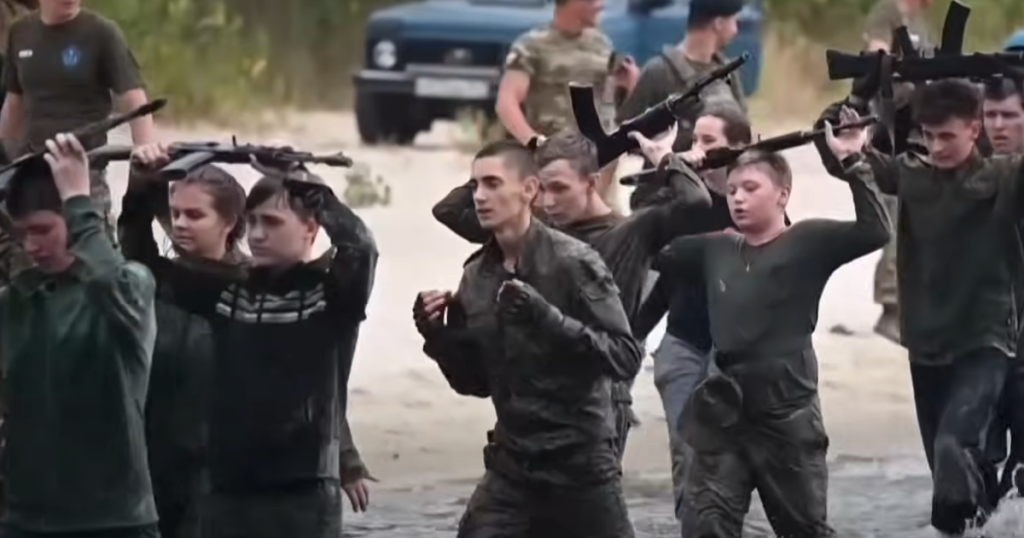A senior Latvian military commander has said that the war in Ukraine will not end until Russian citizens experience its consequences directly.
Others are reading now
Major General Kaspars Pudāns, Commander of the National Armed Forces, discussed the issue on the TV24 program “Nedēļa. Post Scriptum”.
Russians must feel war
“The war will not stop if Russia itself does not want it, if Russian citizens do not feel this war, that is one thing,” Pudāns said.
He argued that the country’s ability to continue production deep inside its territory gives Moscow an advantage.
“If production continues without limits or delay, the war can last for a long time,” he added.
“They have space in their territory to do this, and they do not value human life. More than a million may already have died, and the losses in equipment are huge.”
Also read
History of endurance
Pudāns also spoke about the way Russian culture supports long conflicts.
He referred to what some researchers call the “theory of suffering”, describing it as part of Russian military tradition.
“That theory has been used in all Russian wars,” he said. “For example, during the Second World War, they still present it as a heroic victory.”
Pudāns said the scale of human losses shows how little the Kremlin values life.
“Millions have died, but why? Probably for the same reasons as before, sending masses forward without thinking of their lives. The goal is victory, to satisfy one man’s ambitions in the Kremlin,” he stated.
Also read
Shifting the balance
According to the general, long-range missile strikes deep into Russian territory could disrupt the country’s war effort.
“Such strikes could upset the existing order and the military industry that supplies the front,” he explained.
He suggested that these actions might also make civilians understand that the war affects them directly.
“People might begin to think and realise that war is real. What they see on television is not the full truth. The war is here, and they too can suffer, not only those sent to the front.”
LA.LV, TV24, Reuters, BBC, AP


